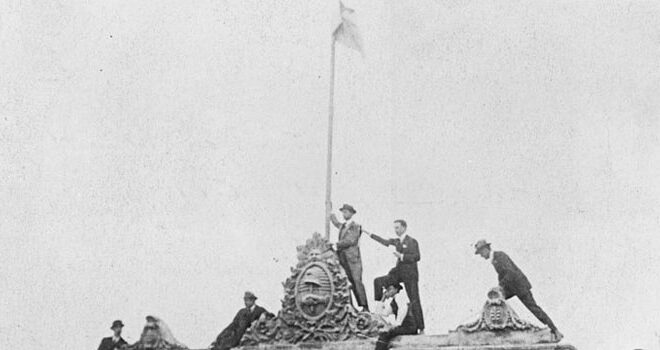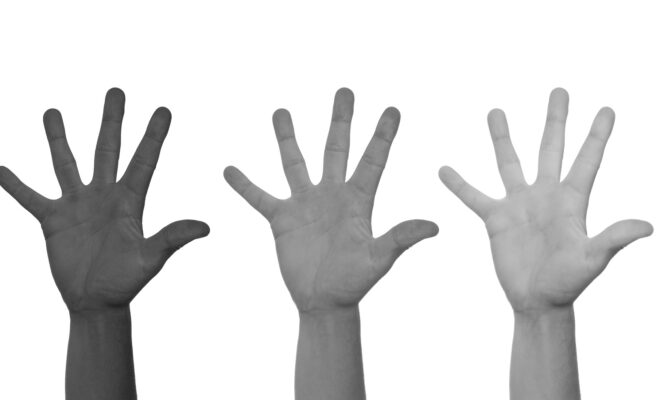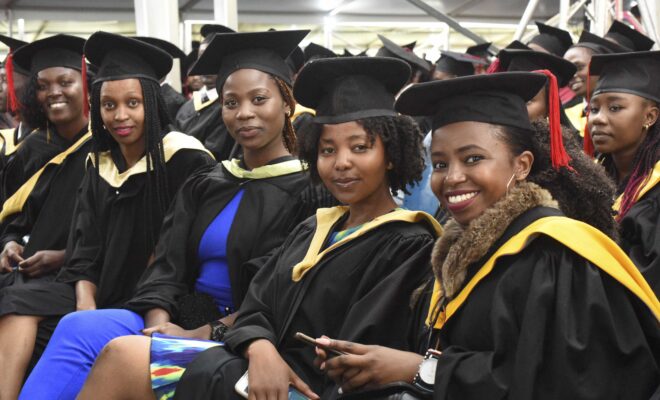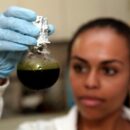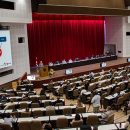Towards #WHEC2022. Closing Webinar
As part of the events leading up to UNESCO’s Higher Education World Conference (WHEC2022), which will take place in Barcelona (Spain) from May 18-20, 2022, UNESCO IESALC developed a series of webinars, between November 2021 and March 2022, which brought together more than 2,500 people.
The Regional Consultation gathered more than 900 opinions from the different interest groups related to the ten key issues, which will serve to outline a roadmap for higher education in the next decade.
The contents of the on-line seminars, the results of a public consultation on these areas, as well as the experiences developed by different institutions, will be submitted to the WHEC2022, with the idea that this event will be as open and inclusive as possible, gathering the opinions and diversity of criteria that will enrich the global proposal of what the higher education of the future will be like.

Victoria Galán-Muro, Head of Research and Analysis – UNESCO IESALC
UNESCO IESALC, together with the IDB, OEI, Santander Universities and SEGIB have conducted these 10 webinars to reflect on each of the topics that will be addressed at WCHE2022. In this cycle we have had 10 experts and 40 higher education actors, to address the challenges, best practices, ideas and proposals for solutions.
UNESCO IESALC, together with the IDB, OEI, Santander Universities and SEGIB have conducted these 10 webinars to reflect on each of the topics that will be addressed at WCHE2022. In this cycle we have had 10 experts and 40 higher education actors, to address the challenges, best practices, ideas and proposals for solutions.

Francesc Pedró, Director UNESCO IESALC
I am grateful with the tremendous support and participation of our partners in this area. It is a first step in reaching out with one voice, among the many voices, to WHEC2022.
The governance of higher education is much more complex than that of other educational sectors because we recognize the importance not only of the States, but also of the universities with their autonomy; of the students, their families and the social, economic and work environment that awaits them.
Our region has gained in capacity, with government structures dedicated to education – not necessarily ministries – becoming broader and deeper.
There are great governance challenges: how to articulate the different voices of very diverse and complex groups, in the midst of a huge polarization around the higher education model.
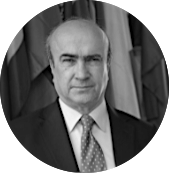
Mariano Jabonero, Secretary General of the IEO
Since the beginning of the pandemic, together with other organizations, we have been committed to quality virtual mobility, developing a guide for the implementation and monitoring of this modality.
Virtual mobility is important and necessary, but it must be complemented with face-to-face mobility, focusing on the Ibero-American space.
Both types of mobility must be developed under minimum quality criteria to ensure that they are effective and efficient. It is necessary to guarantee that universities have three categories of resources: administrative, academic and technical infrastructure.
Through various initiatives, a process of digital educational transformation is being sought in order not to return to the inertia prior to the pandemic but to bet on a different educational future in the region.

Mercedes Mateo, Head of Education Division IDB
During the pandemic, many students replaced study time with household chores, especially women. We have documented learning losses of more than 70% in relation to a normal school year.
Education systems were not prepared to respond to a shock of the magnitude of the pandemic. They had previous structural deficiencies, which translated into loss of future opportunities, growth and income.
Considering the low level of learning and the high dropout rate, it is possible that the future expectations of this generation of young people will be worse than those of their parents, if we do nothing to reverse this. Digitalization is an opportunity to offer an education 4.0, with tools to face the new challenges.
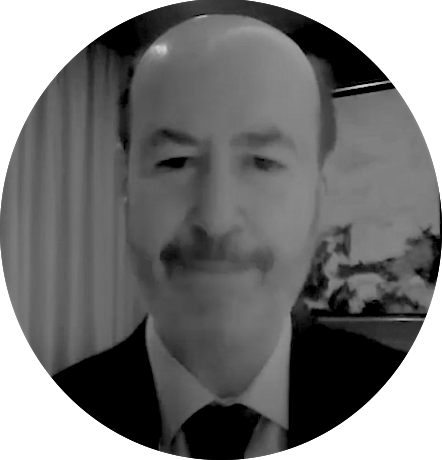
Félix García Lausín, Director of the Ibero-American Knowledge Area of the Ibero-American General Secretariat (SEGIB)
The creation of a common space for higher education is a process that takes time and requires perseverance. We have made a lot of progress in terms of academic and political coordination processes.
Progress has been made in pillars such as the Ibero-American system for quality assurance in higher education; the Ibero-American diploma supplement; the proposal for a common qualifications framework and a converter for credit transfer in each of the countries.
Mobility is an exceptional lever of dynamism. Beyond the decisions of governments or universities, the dynamism of academic mobility helps, unblocks and enhances the creation of a common space, but requires greater budgetary investment.

Matías Rodríguez, President of Santander Universities
There is a common problem, which has to do with inclusion: funding. Minimum standards of funding in relation to the GDP of countries should be encouraged to achieve greater investment in higher education, with a portion going to scholarships to facilitate access for less advantaged people.
Digitalization has made cooperation between universities possible. In Latin America, a Latin American space for higher education should be created to promote collaboration between universities, which is key to joining efforts and achieving economies of scale.
Another big issue is to adapt what is taught to the needs of the market, of employability in a world that is changing at an extraordinary speed.
Document
Ten axes for thinking about tomorrow’s higher education in Latin America and the Caribbean a contribution to the UNESCO’s World Higher Education Conference, edited by UNESCO IESALC (April, 2022).
Learn more: Latin America and the Caribbean Consultation addressed main themes of the #WHEC2022

RELATED ITEMS

